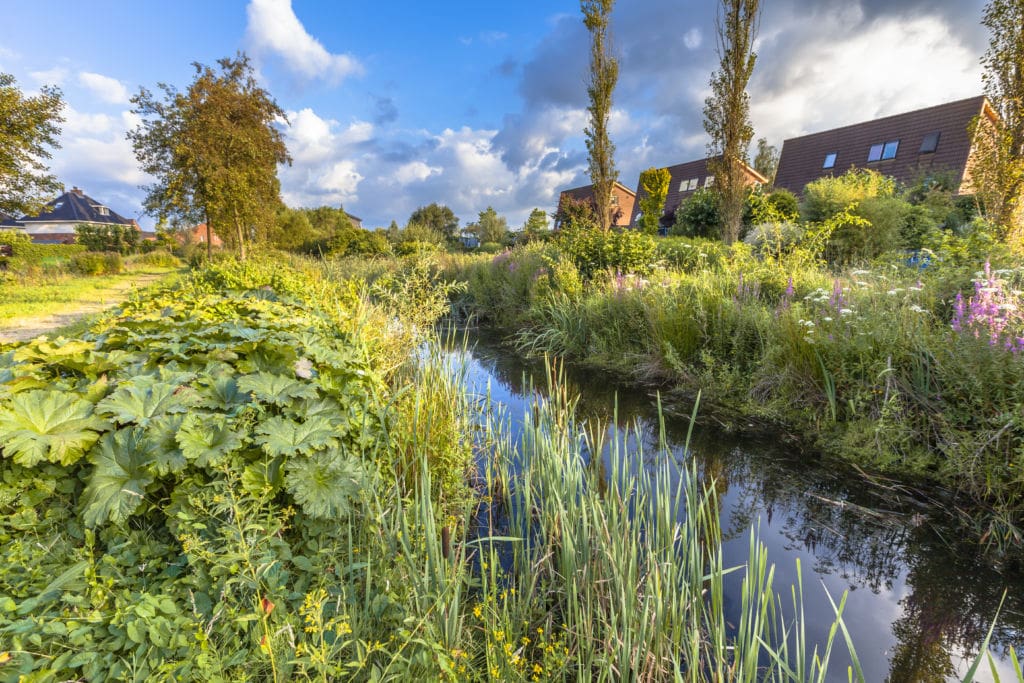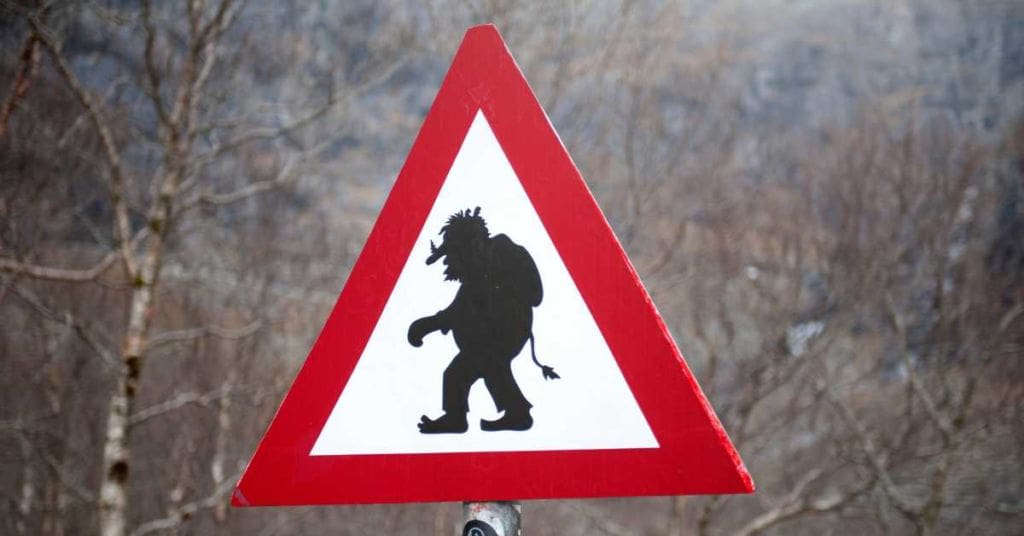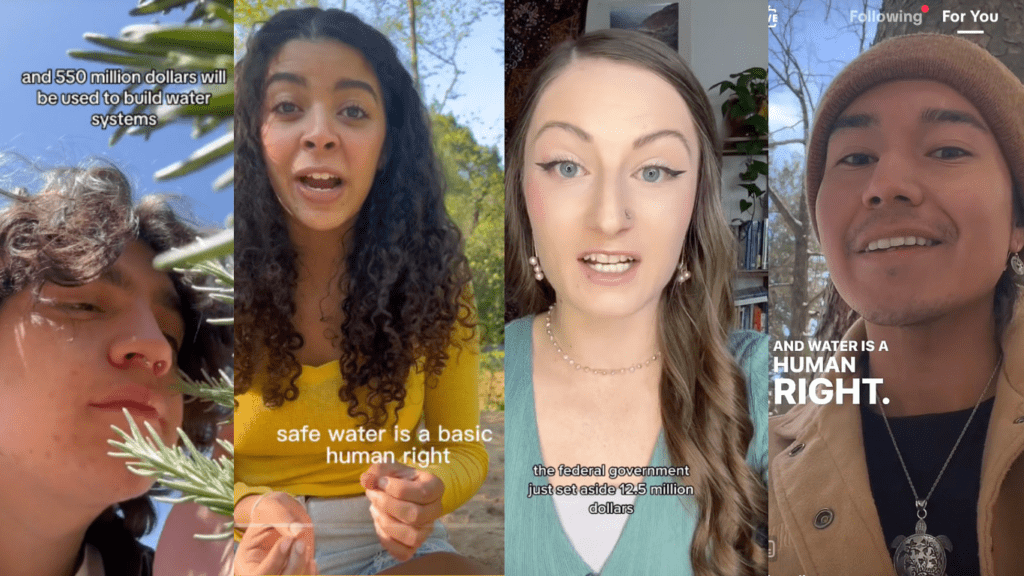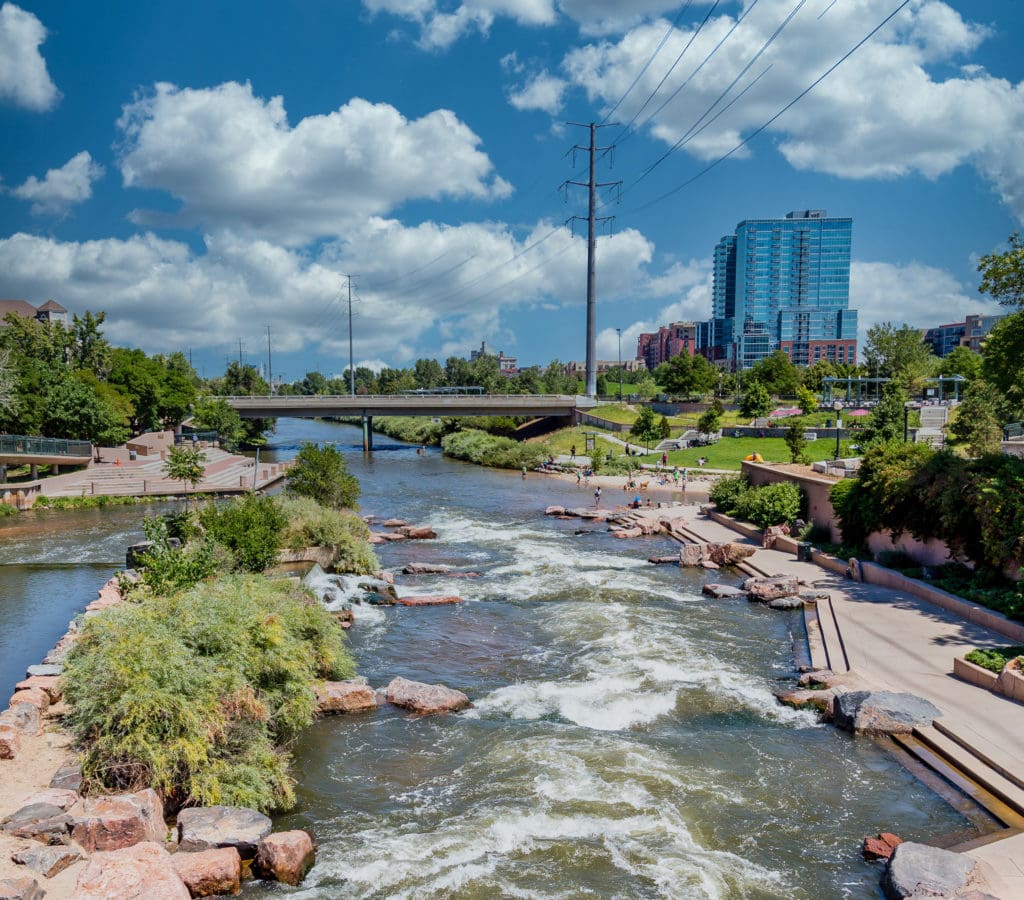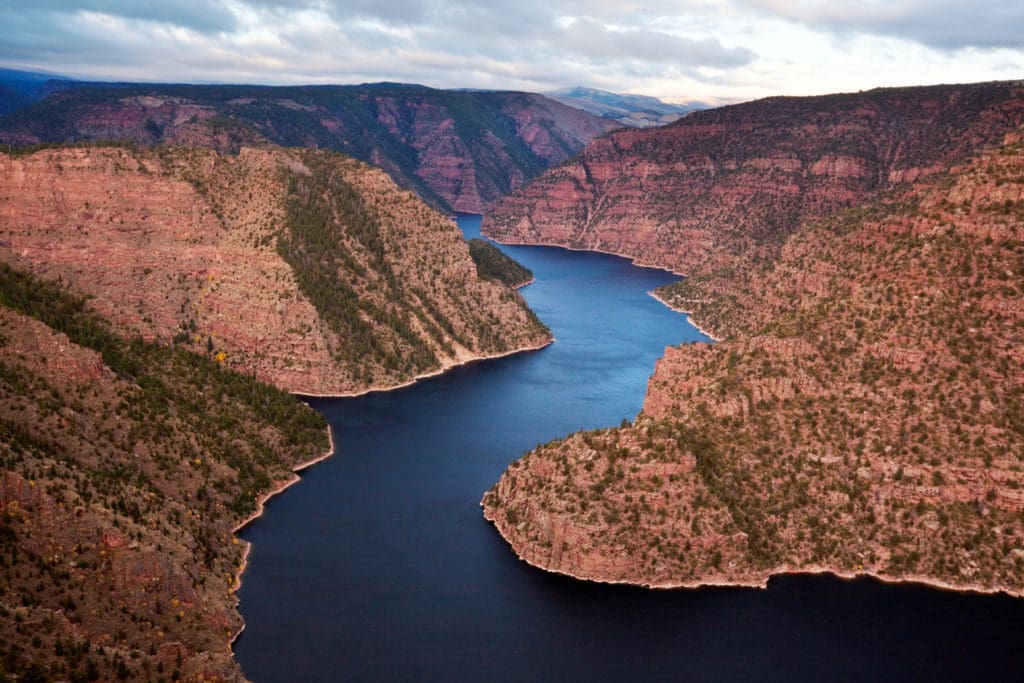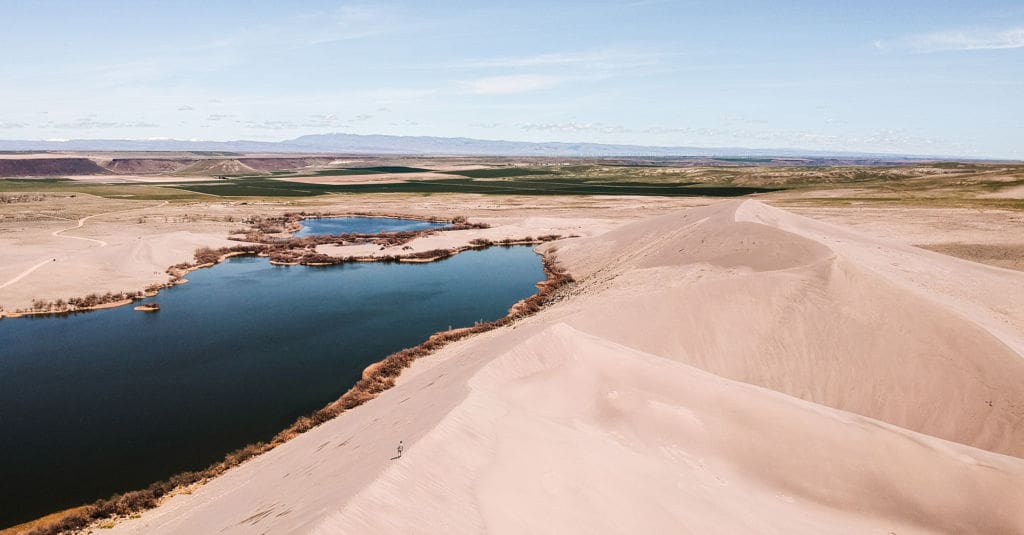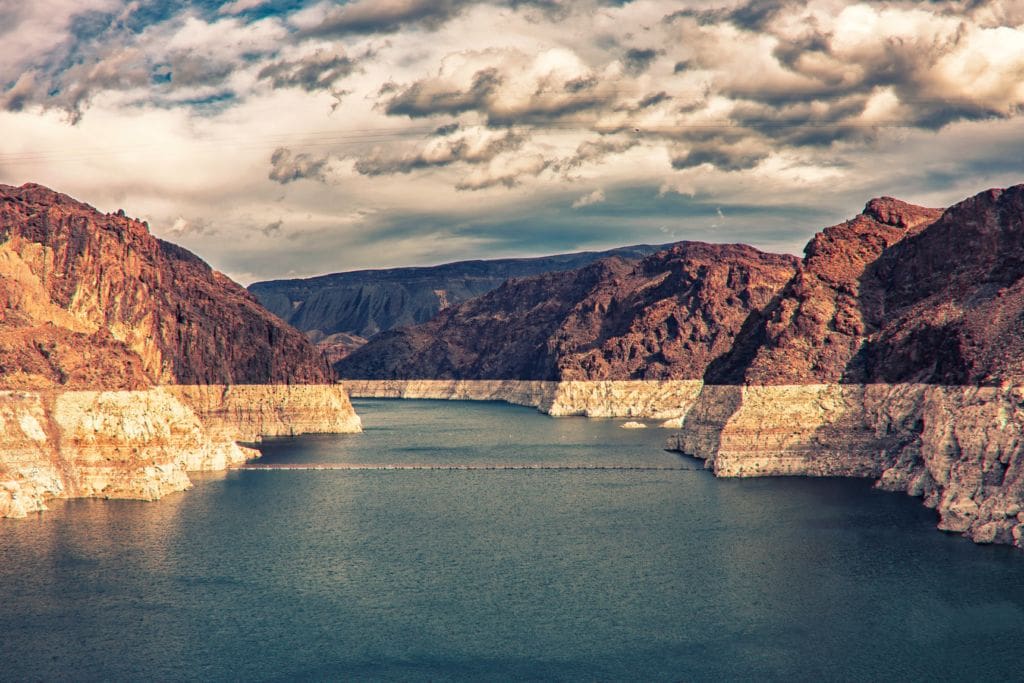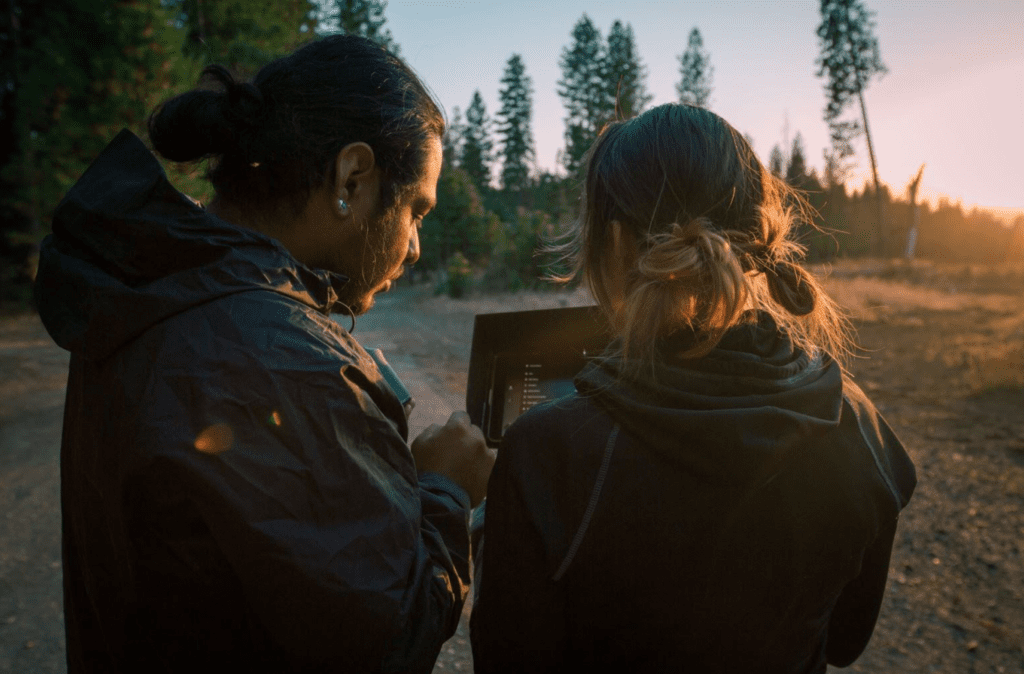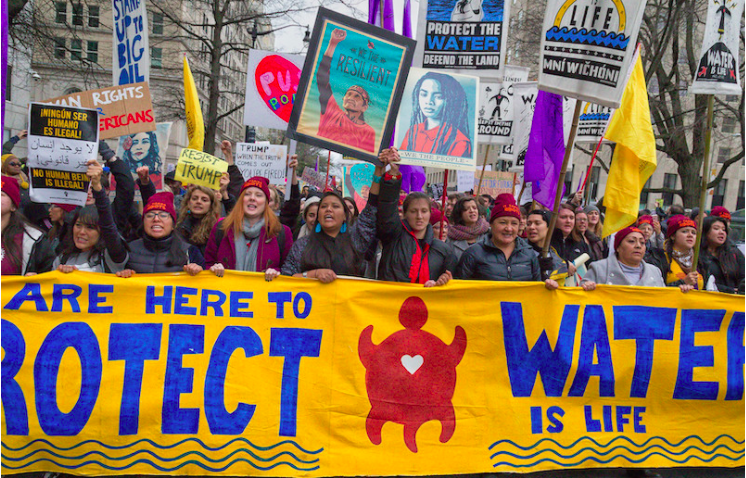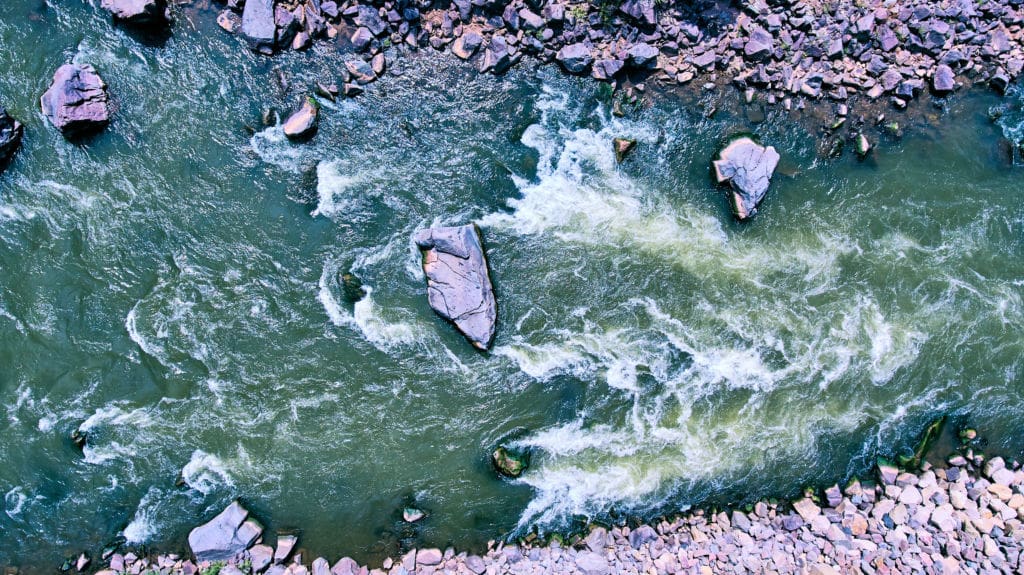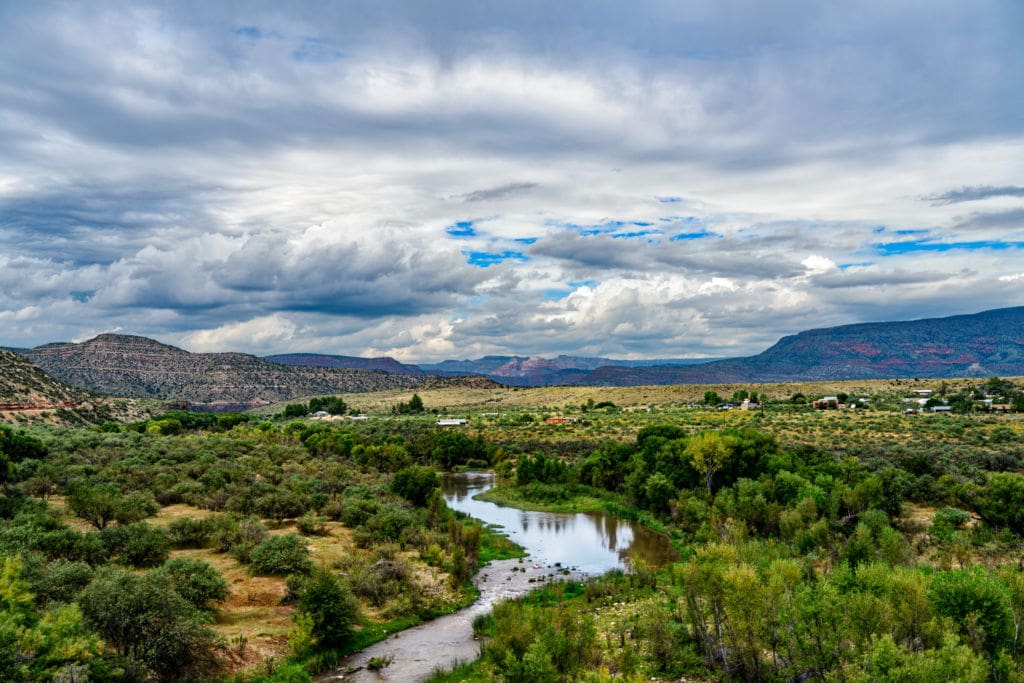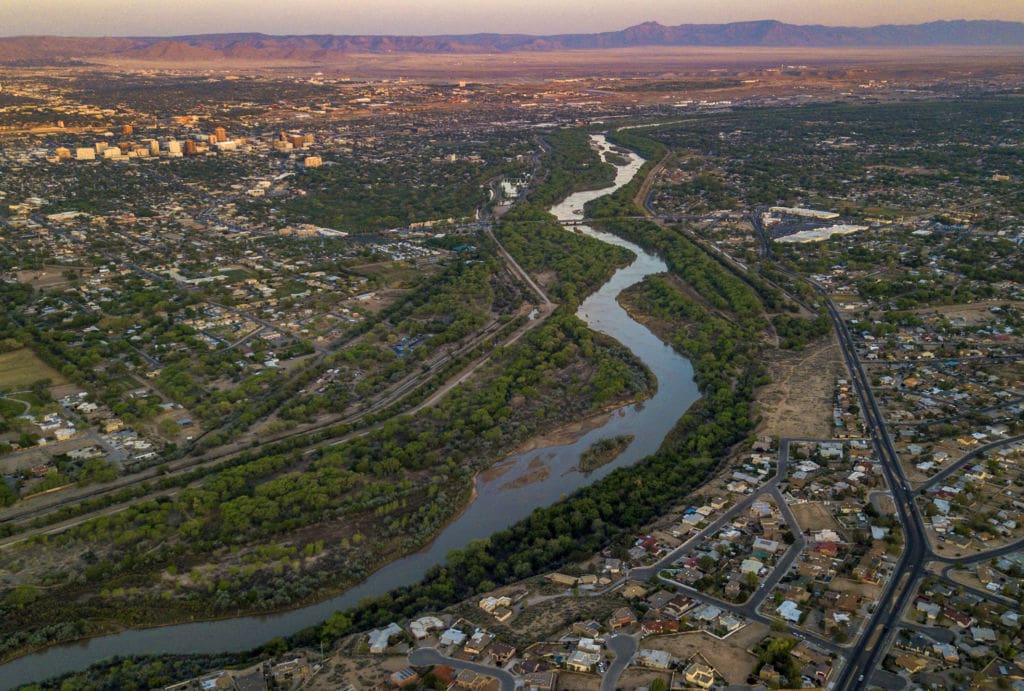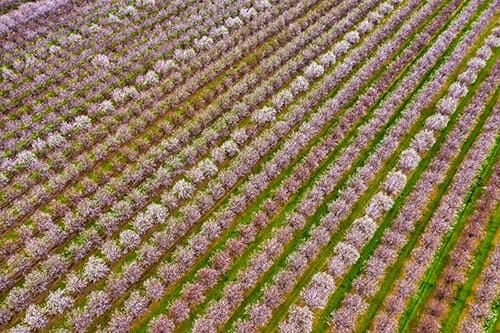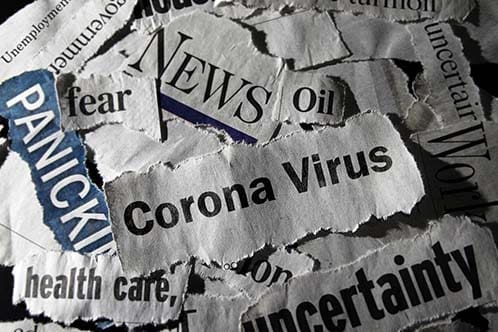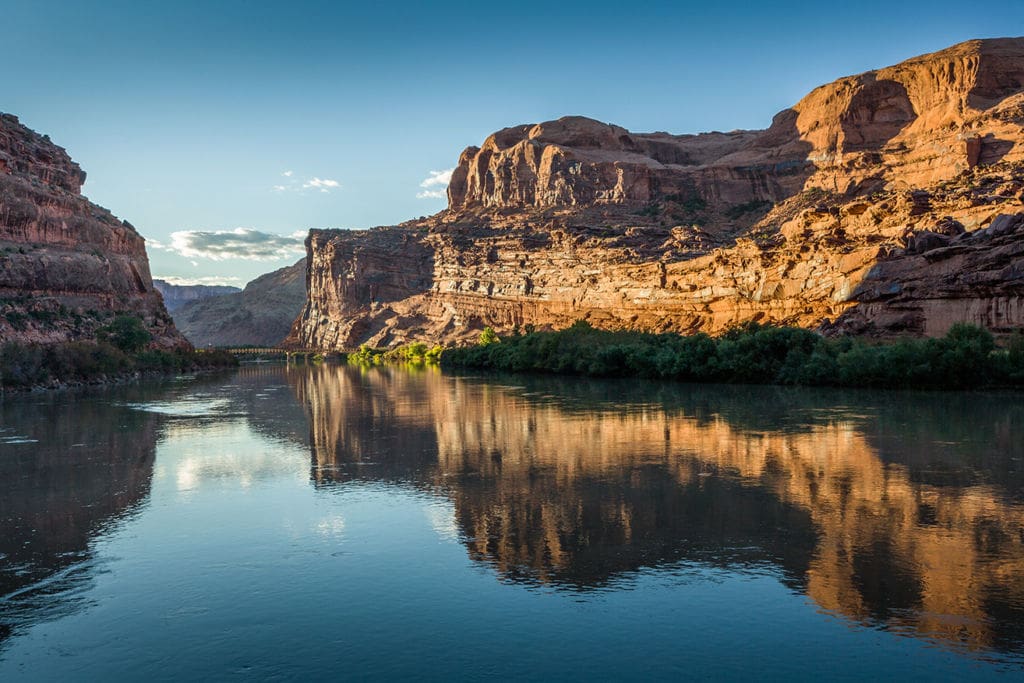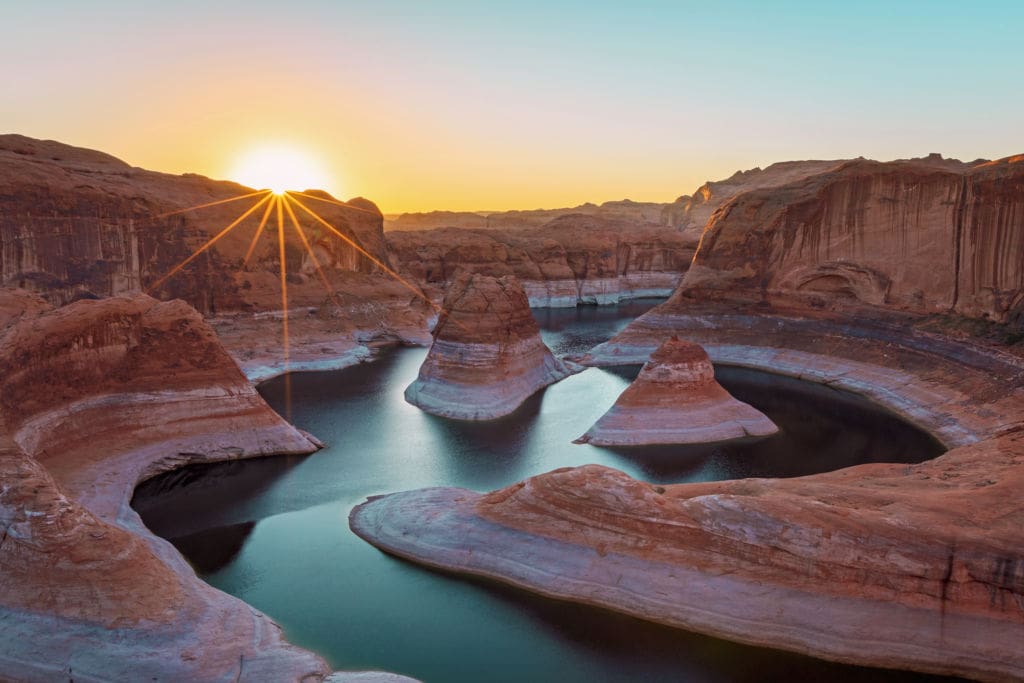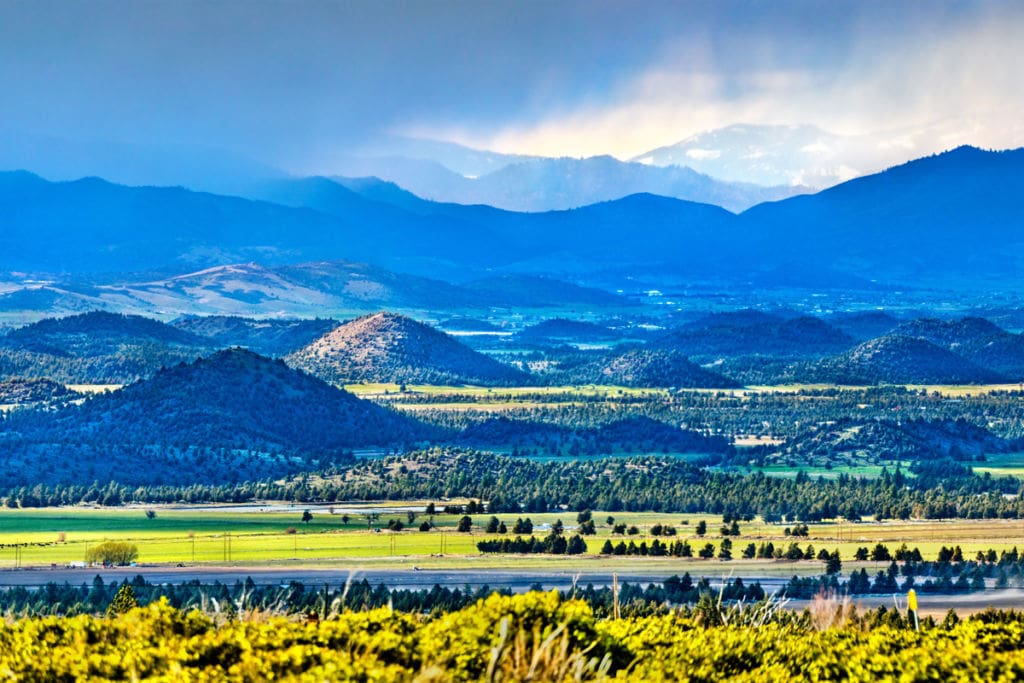Resources
- All
- General
- Guide
- Media Analysis
- Polls
- All
- General
- Guide
- Media Analysis
- Polls
2024 Voter Poll Roundup: Views on Water and Climate Resilience
A resource to help frame how nature-based solutions are worthy of investment.
Message Guide: Nature as Infrastructure
A resource to help frame how nature-based solutions are worthy of investment.
Digital Detox Guide
New handbook on tackling trolls helps social media managers have productive and meaningful online conversations, despite more bots and less ...
2023 National Voter Poll
The Water Hub’s 2023 national poll of 2,000 registered voters’ opinions on water infrastructure investments, access, affordability, and safety.
Digital Accessibility Guide
Tips and digital accessibility best practices to help reach more people regardless of life experience or abilities to build narrative ...
Influencer Engagement Guide
How to generate excitement and awareness for water and climate policy issues by partnering with social media influencers and content ...
2022 Western water media scan
What’s up in water news? We look back on the media conversation around Western water supply, safety, and access in ...
June 2022 National Voter Poll
Download our June 2022 national voter poll to learn more about voter sentiments about infrastructure spending, the Clean Water Act, ...
Tip sheet: Communicating at the water-climate nexus
Climate change can be polarizing but, luckily, concern for healthy rivers, safe drinking water, and support for regulating water pollution ...
2021 Colorado River Media Scan
In this analysis, we look at the summer’s Colorado River news coverage and volume, key themes and solutions stories and ...
Ethical Imagery Guide
Communicators have been paying more attention to telling ethical stories. The same considerations are important for visual storytelling, that’s why ...
Media Tips for Frontline Organizations
Coverage of environmental justice is still very low in newsrooms. As we work together to move these narratives forward, there ...
National Poll
In March 2021, the Water Hub partnered with Climate Nexus Polling, Yale, and George Mason University to survey 1,600 voters ...
Opportunity on Water
In our new report, we synthesize public opinion research on water, and offer a series of recommendations for tapping into ...
Western Media Analysis
The water news cycle ebbs and flows. The Water Hub’s latest media analysis looks at coverage of three key issue ...
Water Opinion Analysis
Op-eds have long been a go-to communications tactic for water advocates and experts to shape public opinion, but they’re getting ...
Audience Profile Worksheet
Identifying and understanding your audiences is the key to unlocking the best messaging for your campaigns. Our Audience Profile Worksheet enables ...
National Water Insights
In August 2020, the Water Hub worked with Climate Nexus Polling, Yale, and George Mason University to survey 2,000 voters ...
TV News Tip Sheet
Tips from our workshop on working with TV news, including reasons to focus on TV, the kinds of stories that ...
Yes You Canva!
In water communications, we often don't have time or resources for graphic design. Learn how to make simple, beautiful graphics ...
Water News in COVID Times
"The Virus of Uncertainty: The COVID-19 crisis’ impacts on water news" discusses how the pandemic has impacted water news and ...
Theory of Change
As a program created to serve the water field, we feel it is important to be transparent about the values, ...
Western Water Poll
In November 2019, the Water Hub surveyed more than 3,000 voters in Arizona, California, Colorado, Nevada, New Mexico, Utah, and ...
Landscape Assessment
What’s the latest in water communications in the Western U.S.? Dig into the media analysis, public opinion research, and findings ...
